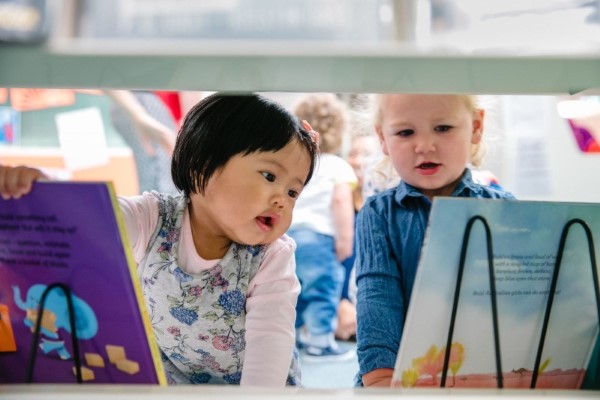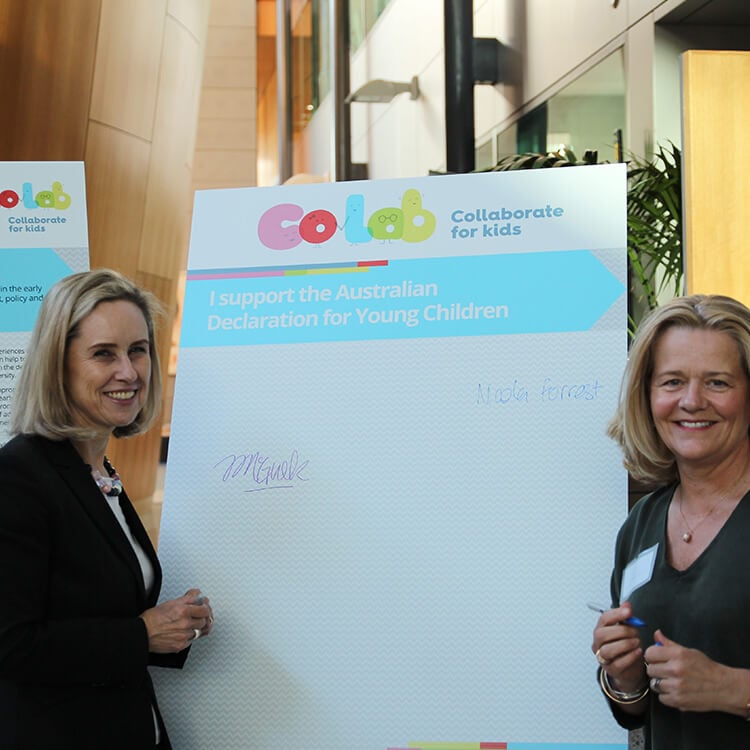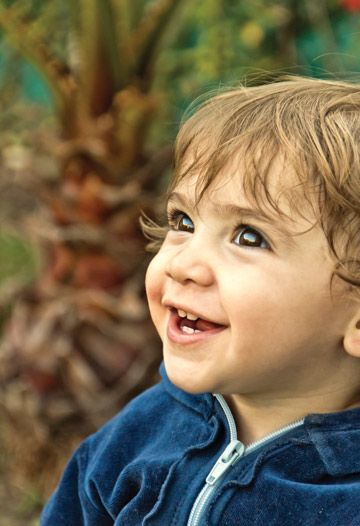Search
Research
Parent and Child Choice of Sugary Drinks Under Four Labelling ConditionsThe majority of Australian children exceed the World Health Organization's recommended dietary intake of free sugar, particularly through the consumption of sugar-sweetened beverages. Front-of-pack nutrition labels increase perceived risk and deter the consumption of sugar-sweetened beverages.
Research
Assessing Clinical Deterioration in Children With Dark-Coloured Skin: A Scoping ReviewBackground: Signs of clinical deterioration may appear differently in children with dark-coloured skin. How to assess children in this cohort is currently poorly defined. Aim: To explore available information on the assessment of clinical deterioration in children with dark-coloured skin and identify research deficits.
Research
Tumor site-directed A1R expression enhances CAR T cell function and improves efficacy against solid tumorsCitation: Sek K, Chen AXY, Cole T, Armitage JD, Tong J, ……… Waithman J, Parish IA, et al. Tumor site-directed A1R expression enhances CAR T cell
Research
Ethnicity and anthropometric deficits in children: A cross-sectional analysis of national survey data from 18 countries in sub-Saharan AfricaChild anthropometric deficits remain a major public health problem in Sub-Saharan Africa (SSA) and are a key target of the UN Sustainable Development Goals (SDGs). The SDGs recommend disaggregation of health indicators by ethnic group. However, few studies have assessed how ethnicity is associated with anthropometric deficits across SSA.
Research
Prenatal Origins of Obstructive Airway Disease: Starting on the Wrong Trajectory?From the results of well-performed population health studies, we now have excellent data demonstrating that deficits in adult lung function may be present early in life, possibly as a result of developmental disorders, incurring a lifelong risk of obstructive airway diseases such as asthma and chronic obstructive pulmonary disease.
Research
Social support helps protects against depressed mood in adolescenceThe goals of the current study were to identify different trajectories of sadness from Grade 6 to 9 in Australian school students, and to explore the role that social support from school, teachers, friends and families play in supporting students’ mental health.

News & Events
Early Years Partnership budget boost welcomedThe Kids Research Institute Australia has welcomed today’s announcement by the Cook Government and Minderoo Foundation of a $34.6 million boost for the Early Years Partnership to achieve better outcomes for children.

News & Events
Improving development and learning of children in Western AustraliaDiscover the EYI Research Profile at The Kids' Institute, showcasing innovative child health research and its impact on young lives.

News & Events
Australia-first Declaration highlights early childhood action requiredMore than 70 leading early childhood experts have come together with CoLab to develop the first-ever Australian Declaration (of evidence) for Early Childhood.

News & Events
Novel CoLab seeks to narrow the early childhood gapA new partnership between The Kids and the Minderoo Foundation is trying to change the ways Government and communities address disadvantage and neglect.
